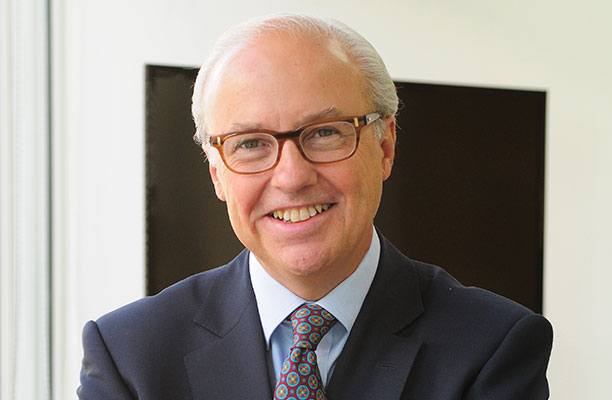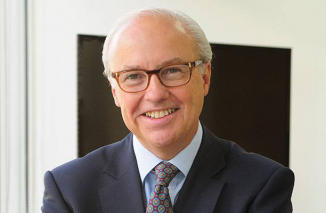The most recent Judicial Attitude Survey has revealed that a high proportion of senior judges are intending to quit the judiciary in the next five years, citing an array of grievances.
The report, prepared by Professor Cheryl Thomas of the UCL Judicial Institute, found nearly half (47%) of High Court judges are considering leaving the judiciary, alongside 41% of Court of Appeal judges and 40% of Circuit judges.
The statistics, released this week, underline a wider discontent surrounding the profession due to pension cuts and poor working conditions.
A majority of judges (76%), felt they have experienced a deterioration in their working conditions since 2014, with 43% stating that the maintenance of their building was poor. Nearly three quarters (74%) of respondents felt that their pay and pension entitlement combined does not adequately reflect the work they do.
Dentons litigation partner Richard Caird described judges as being on a ‘relentless treadmill,’ and added: ‘They’re overworked and underpaid.’
Quinn Emanuel Urquhart & Sullivan energy litigation partner Ted Greeno commented: ‘Morale is very low because they’re being worked very hard and not paid terribly well for what they’re doing in comparison to what they could earn at the bar or as arbitrators.
Greeno (pictured) added: ‘They’re treated more and more like civil servants. I get the impression that they’re not treated with the same respect by the government as they used to be.’
The survey confirmed Greeno’s suspicions, with only 2% of respondents indicating that they felt valued by the government. Under half (43%) of those surveyed felt valued by the public.
Relations between judges and the public were particularly strained in 2016, with the Daily Mail’s ‘enemies of the people’ front page inciting public backlash against the judiciary after the High Court’s Brexit ruling.
Legal Business’ judicial survey for the Disputes Yearbook 2016, found it was difficult for the judiciary to attract talent to the bench.
Greeno believes this may be caused by a decline in the prestigious nature of the profession: ‘When I started about 35 years ago, anyone who was any good became a judge. You didn’t have to apply.
‘It was seen as a nice way of continuing your career, and an act of public duty. More and more since then, you’ve seen a lot of the leading members of the Bar deciding not to go on the bench. And that proportion is continuing to increase.
‘The attraction of a knighthood is not quite what it used to be.’











